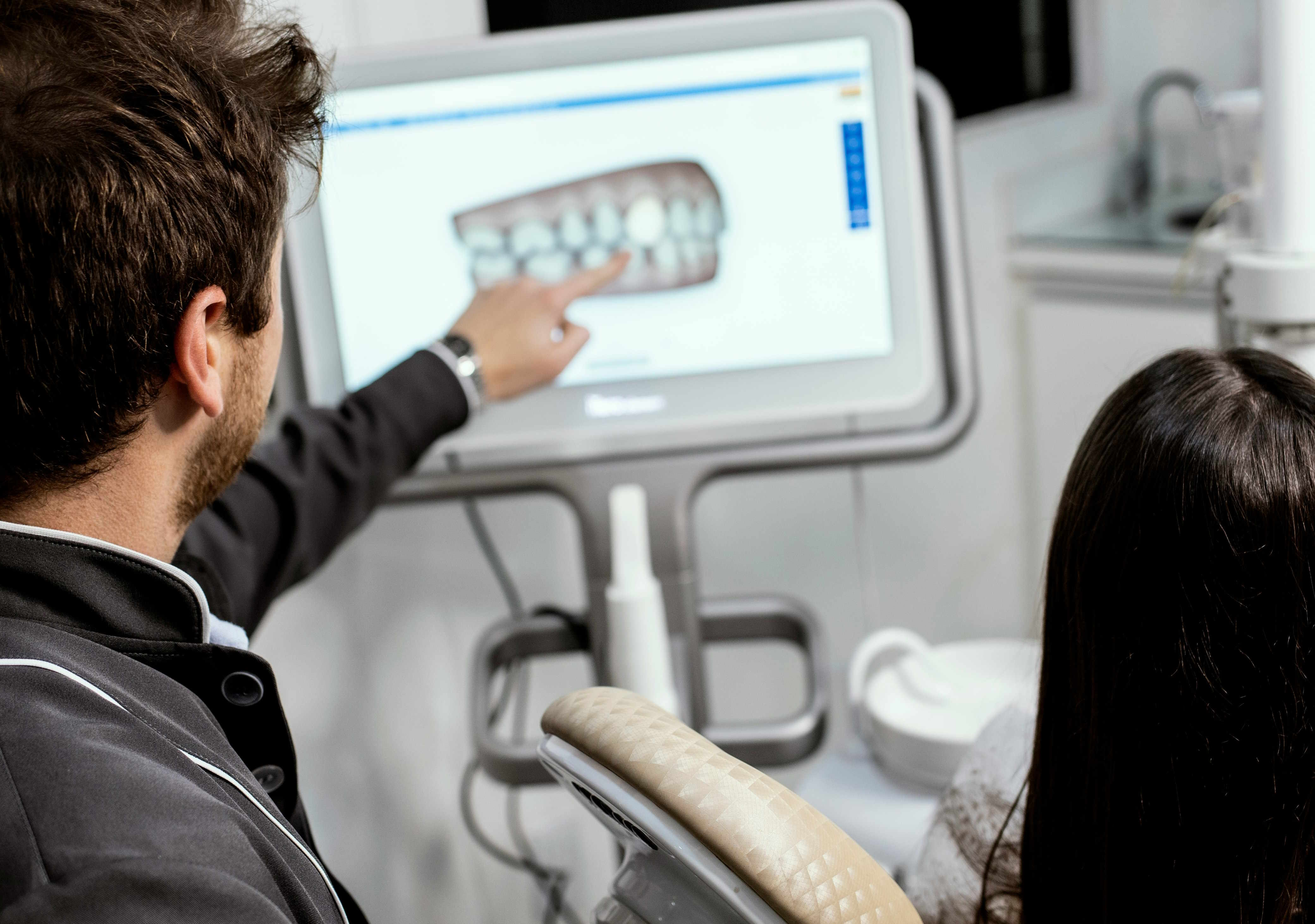Health Literacy: Your Personal Key to Better Healthcare Outcomes
Picture this: You're sitting in your doctor's office, nodding along as medical terminology flies past you like a foreign language. You leave with a prescription and care plan but realize you don't fully understand your condition or treatment. This scenario plays out millions of times daily across healthcare systems worldwide. Health literacy—the ability to obtain, process, and understand basic health information to make appropriate health decisions—remains one of the most overlooked yet powerful determinants of your wellbeing. Beyond simply understanding medical jargon, it encompasses navigating complex healthcare systems, evaluating information critically, and actively participating in your health journey. Let's explore how enhancing your health literacy could transform your healthcare experiences and outcomes.

The Hidden Healthcare Crisis We Rarely Discuss
Health literacy challenges affect more people than you might imagine. According to research from the National Assessment of Adult Literacy, approximately 36% of Americans have limited health literacy skills. This silent epidemic crosses all demographic boundaries but disproportionately impacts older adults, minority populations, those with lower education levels, and individuals with chronic conditions. When patients struggle to understand medical information, the consequences ripple throughout their health journey—from misinterpreted medication instructions to missed preventive care opportunities. Limited health literacy correlates with higher hospitalization rates, emergency department visits, and overall healthcare costs. Studies have shown that patients with lower health literacy experience 30-50% higher medical costs annually compared to their more health-literate counterparts, creating both personal and systemic burdens on healthcare resources.
Beyond Medical Terminology: The Five Dimensions of Health Literacy
Health literacy extends far beyond vocabulary comprehension. It encompasses five critical dimensions that work together to empower patients. First, functional literacy forms the foundation—the basic reading and writing skills needed to understand health materials. Second, scientific literacy enables understanding of fundamental biological concepts and medical research principles. Third, civic literacy helps navigate health insurance, patient rights, and healthcare systems. Fourth, cultural literacy acknowledges how beliefs and traditions influence health decisions. Finally, digital health literacy—increasingly important in our connected world—involves effectively using technology to manage health information. Each dimension plays a crucial role in patient empowerment. Consider diabetes management: a patient needs to read nutrition labels (functional), understand how glucose affects their body (scientific), navigate insurance coverage for supplies (civic), integrate management into cultural practices (cultural), and possibly use digital glucose monitoring tools (digital). When healthcare providers address all these dimensions, patients gain comprehensive tools for health management.
The Neurological Underpinnings of Health Decision-Making
The science behind health literacy reveals fascinating insights into how our brains process medical information. Under stress—like receiving a diagnosis or making treatment decisions—our cognitive processing changes significantly. The brain’s amygdala activates, potentially triggering an emotional response that can override logical thinking. Meanwhile, working memory capacity—crucial for processing new information—becomes limited, making complex medical information even harder to retain. This neurological response explains why many patients remember less than 50% of information discussed during medical appointments. Health literacy interventions that acknowledge these cognitive realities prove most effective. Techniques like chunking information, using visualization, providing written materials, and implementing teach-back methods help overcome these neurological barriers. By understanding how stress affects cognition, healthcare providers can adapt communication strategies to maximize comprehension and retention, ultimately improving patient outcomes through better-informed decision-making.
From Passive Patient to Empowered Partner
The evolution of the patient-provider relationship demonstrates health literacy’s transformative potential. Historically, healthcare followed a paternalistic model where doctors made decisions with minimal patient input. Today, a collaborative approach emphasizes shared decision-making, with health literacy as its foundation. Empowered patients ask informed questions, understand treatment options, communicate symptoms effectively, and adhere better to treatment plans. Research published in the Journal of General Internal Medicine found that patients with higher health literacy levels report greater satisfaction with care and demonstrate better self-management of chronic conditions. Healthcare systems have begun implementing structured programs to foster this empowerment, including decision aids, question prompt lists, and patient portals with accessible information. These tools help bridge the knowledge gap between medical professionals and patients, creating more balanced healthcare partnerships where patients actively participate in their care decisions rather than passively receiving treatment.
The Digital Health Literacy Revolution
The digital transformation of healthcare has created unprecedented access to health information—and unprecedented challenges. Today’s patients navigate an ecosystem of patient portals, telehealth platforms, health apps, and online medical information of varying quality. This digital landscape requires specialized literacy skills. Studies indicate that while 80% of internet users search for health information online, many struggle to evaluate information credibility or apply findings to their personal health situations. Particularly concerning is the spread of health misinformation, which can lead to delayed care, dangerous self-treatment, or vaccine hesitancy. Building digital health literacy involves developing skills to identify reliable sources, understand statistical concepts, and critically evaluate health claims. Healthcare systems can support this through dedicated patient education about digital resources, curated lists of reputable health websites, and digital navigation assistance programs. As healthcare continues its digital evolution, ensuring patients can effectively engage with these tools becomes increasingly crucial for equitable care access.
Essential Strategies for Boosting Your Health Literacy
-
Create a personal health glossary of terms related to your specific health conditions for quick reference
-
Practice the teach-back method—explain your understanding of medical instructions to your provider to confirm comprehension
-
Bring a prepared list of questions to medical appointments, prioritizing your most important concerns
-
Use reputable health websites with .gov, .edu, or established medical organization domains when researching conditions
-
Request simplified written materials or visual aids if verbal explanations are difficult to follow
-
Consider bringing a trusted friend or family member to appointments to help process information
-
Familiarize yourself with your health insurance coverage before needing services to avoid surprise costs
-
Download and review your medical records through patient portals to better understand your health history
-
Learn basic statistical concepts to better evaluate risk information when making treatment decisions
-
Practice preventive health literacy by understanding screening recommendations appropriate for your age and risk factors
The journey toward health literacy represents one of the most significant yet underappreciated opportunities in modern healthcare. By developing these skills—from understanding medical terminology to navigating complex systems—patients transform from passive recipients of care to informed partners in their health journey. Healthcare providers and systems must recognize their crucial role in fostering these capabilities through clear communication, accessible resources, and patient-centered approaches. As we continue advancing medical technologies and treatments, ensuring patients can effectively engage with this progress becomes equally important. Health literacy isn’t merely about comprehension—it’s about creating the foundation for truly personalized, effective healthcare where informed choices lead to better outcomes for everyone involved.





